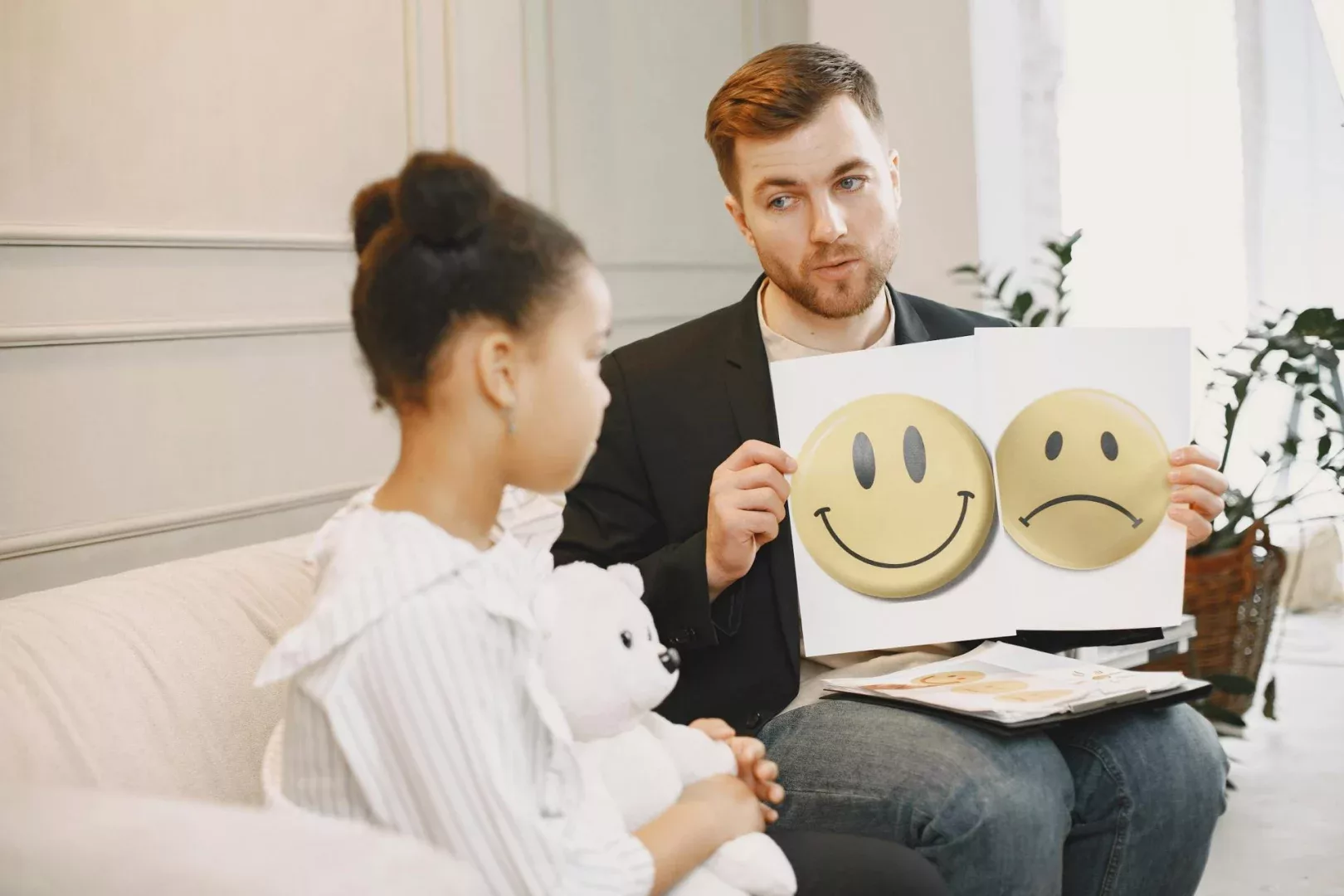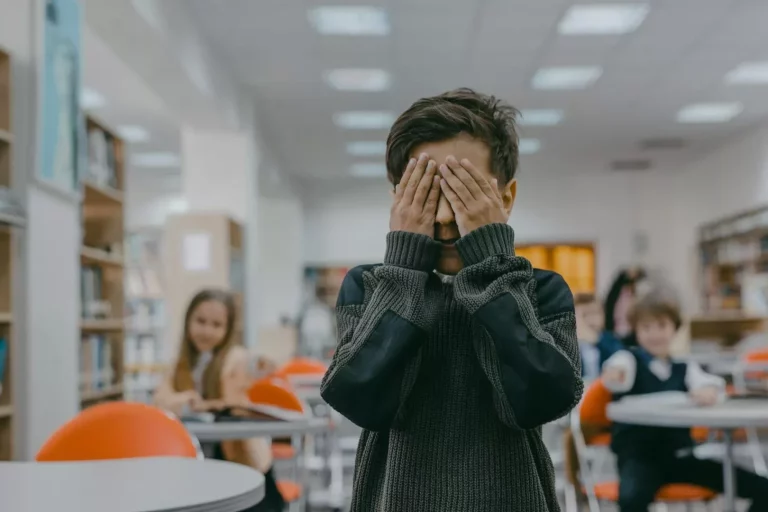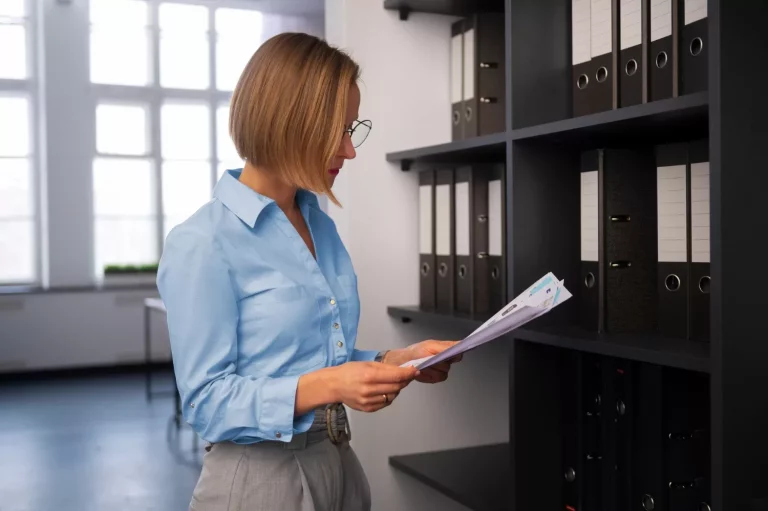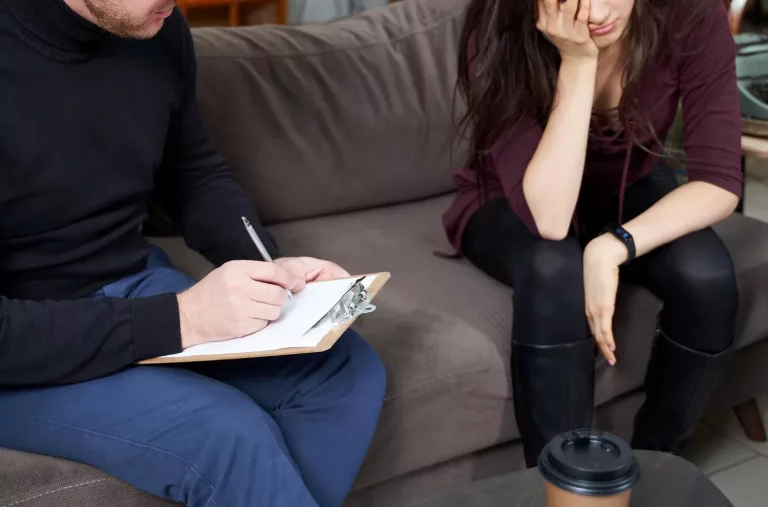Child Therapist for Divorce: Strategies for Helping Children Cope
Have you ever wondered how divorce impacts your child’s mental health? At TheBostonDivorceLawyer, we understand the importance of seeking a child therapist during this difficult time.
Learn more about how this professional can support your child’s emotional well-being during the divorce process.
As indicated in “The Child Psychotherapy Treatment Planner”, a child therapist for divorce helps children cope with the emotional impact of their parents’ separation or divorce through therapy sessions. The therapist uses various techniques to address the child’s feelings of anger, sadness, confusion, and anxiety related to the divorce. The main goal is to help the child adjust to the changes in their family dynamics and build resilience during this challenging time (source: “The Child Psychotherapy Treatment Planner” by Arthur E. Jongsma Jr., L. Mark Peterson, and William P. McInnis).
Children’s emotions
As a child therapist specializing in divorce, I see firsthand the wide range of emotions that children work through during this challenging time.
Basically, divorce can be really tough and confusing for children. It’s important they have a safe place to share their feelings. Kids might feel sad, angry, scared, or even like it’s their fault. I want to help them understand and deal with these feelings in a healthy way.
I work with kids so they can talk about their feelings and learn ways to cope. I offer a listening ear and a place where they won’t be judged. Frankly, through activities like play, art, and talking, I help kids understand their emotions. I also help parents understand and support their kids during this hard time.
Kids need to know it’s okay to feel the way they do. By helping them handle their emotions, I support them in building strength and coping skills. In therapy, kids can express themselves, learn to control their emotions, and communicate better. My goal is to help kids feel strong and supported as they deal with their parents’ divorce.
Coping strategies
As a child therapist, I’ve learned that coping strategies for children dealing with divorce involve helping them find ways to manage their difficult emotions.
For real, kids can manage their feelings by talking about them, drawing, writing, or getting help from trusted adults. It’s essential for them to know it’s okay to feel sad, angry, or confused during this period. They should also focus on self-care by staying active, eating healthy, and getting enough sleep.
Honestly, establishing a routine and keeping in touch regularly with both parents can offer stability and comfort. By adjusting to new changes, children can build strength and learn to deal with the challenges of divorce. Therapy can help them understand their emotions and learn ways to cope with this tough time.
Parental communication
Adding to what was earlier stated when I work as a child therapist for divorce cases, I find it crucial to address parental communication.
It seems that, parents should talk to each other respectfully and focus on what their child needs. This can lessen arguments and make the child’s environment more stable. It’s helpful for parents to listen to one another and work as a team to support their child’s well-being. Open and honest communication is important for co-parenting after a divorce.
You know, parents should keep each other updated about the child’s activities, school events, and health. This helps create a sense of consistency and teamwork. Avoiding arguments in front of the child is very important, as it can be harmful. Parents need to improve their communication skills and be willing to compromise for the benefit of their child. Good communication helps the child adjust to the changes that come with divorce.
Support systems
Referencing previous discussions i’ve noticed that children often feel confused, sad, and angry when their parents go through a divorce.
To be fair, in this situation, a child therapist’s job is to create a safe and supportive space where the child can talk about their feelings and deal with tough emotions.
It’s really important for kids going through a divorce to have support because they might find it hard to understand what’s happening in their family. A child therapist can be a key support, offering help and guidance as the child works through their feelings.
Besides the therapist, it’s good for the child to have support from others too. This can include family members, friends, teachers, and other trusted adults who can give comfort and reassurance during this tough time. Frankly, these people can bring stability and make the child feel secure and loved.
Support systems for children dealing with divorce should be patient and understanding, letting the child handle their emotions at their own speed. It’s very important for the therapist and other supporters to listen without judging and acknowledge the child’s feelings, helping them feel heard and supported.
Healthy boundaries
Reinforcing our previous points as a child therapist working with families going through divorce, I find that establishing healthy boundaries with both the children and the parents is crucial for a successful therapeutic process.
Basically, when working with children, it’s important to clearly define and keep track of everyone’s roles to create a safe and supportive space for them.
You need to set boundaries that help the children’s emotional and mental well-being. This means setting limits on bad behavior, encouraging open talk, and respecting what they think and feel. A structured and consistent environment helps children feel secure and supported, especially during tough times.
It’s also important to set boundaries with the parents. In other words, this includes keeping things confidential, setting rules for their involvement in therapy, and dealing with any conflicts. Clear boundaries help the therapist maintain a professional relationship with both the children and the parents.
In general, setting healthy boundaries is key in helping children and families going through a divorce. Clear guidelines and expectations help create a safe and supportive environment, allowing children to handle the challenges of divorce and become stronger for the future.
The Final Word
As mentioned briefly before, in conclusion, seeking the help of a child therapist during divorce can greatly benefit children by providing them with coping strategies, emotional support, and a safe space to express their feelings.
What TheBostonDivorceLawyers is encouraging you to keep is, by addressing their emotions early on, children can better work through the challenges of divorce and develop healthy coping mechanisms for the future. A child therapist can play a very important role in helping children adjust and thrive during this difficult time.







